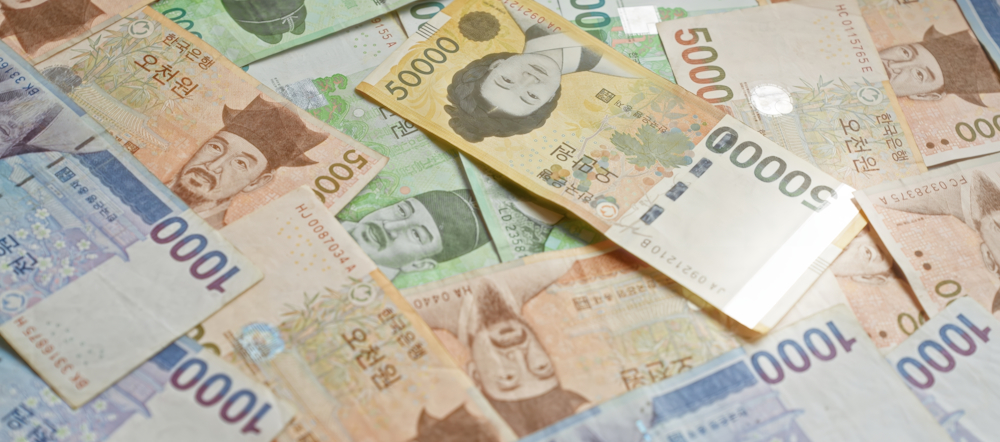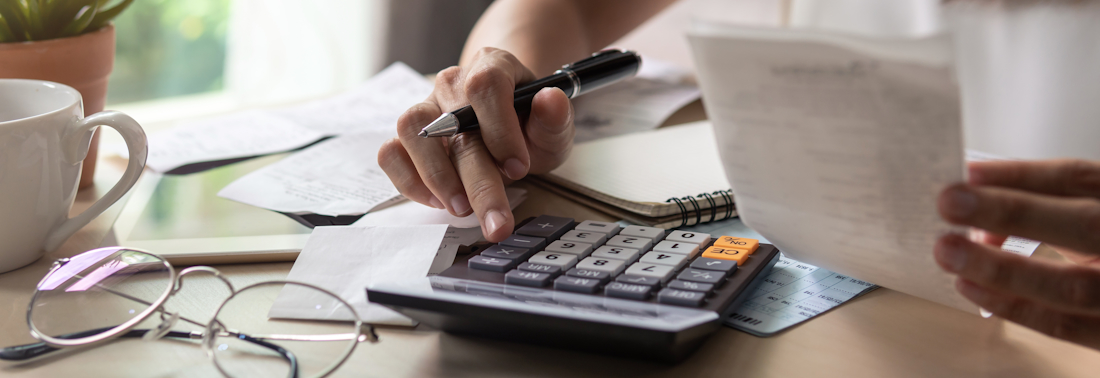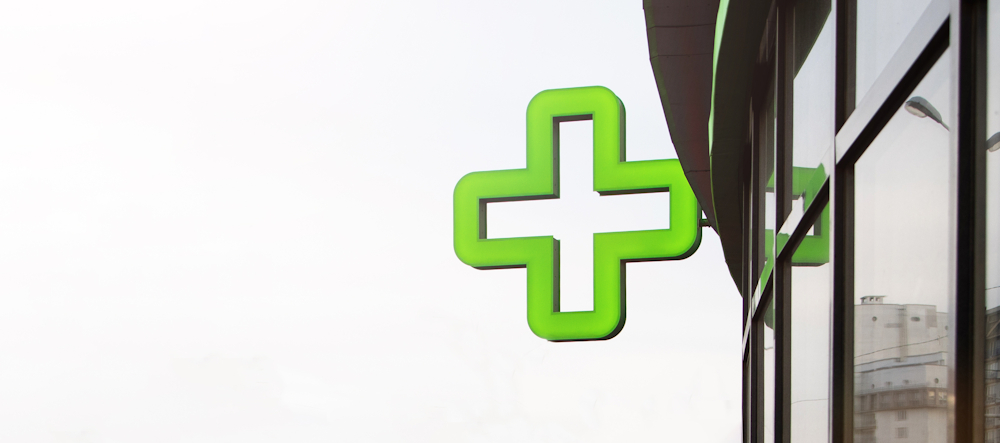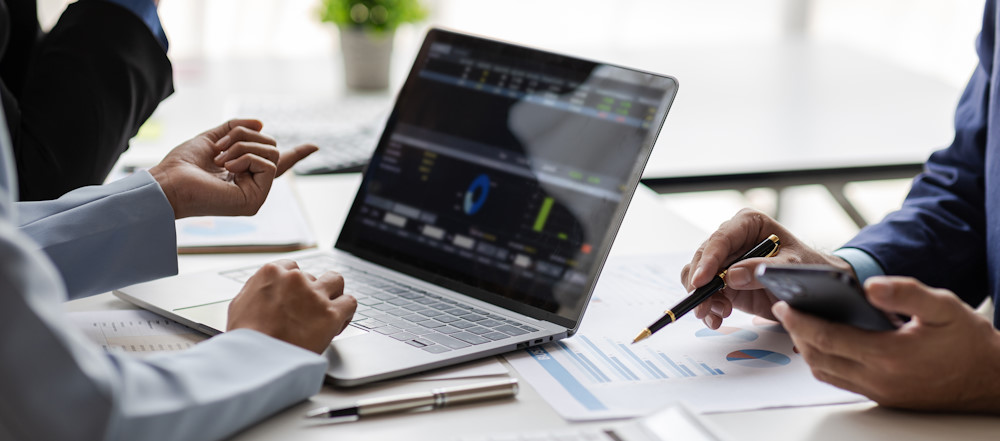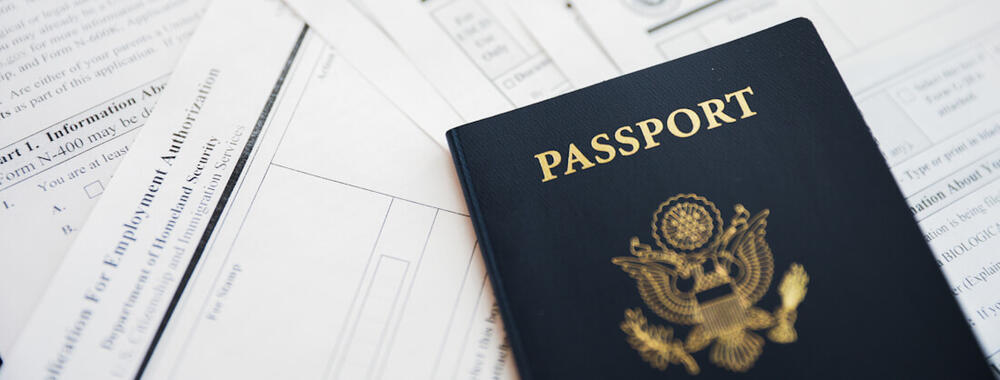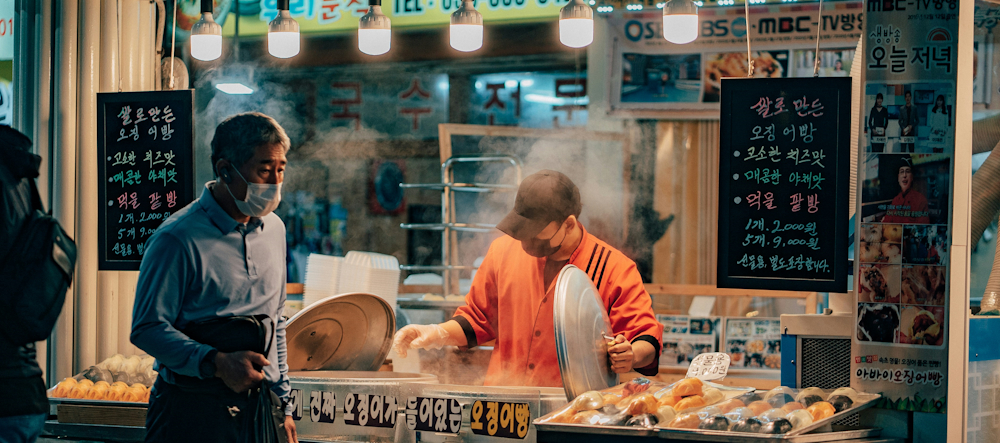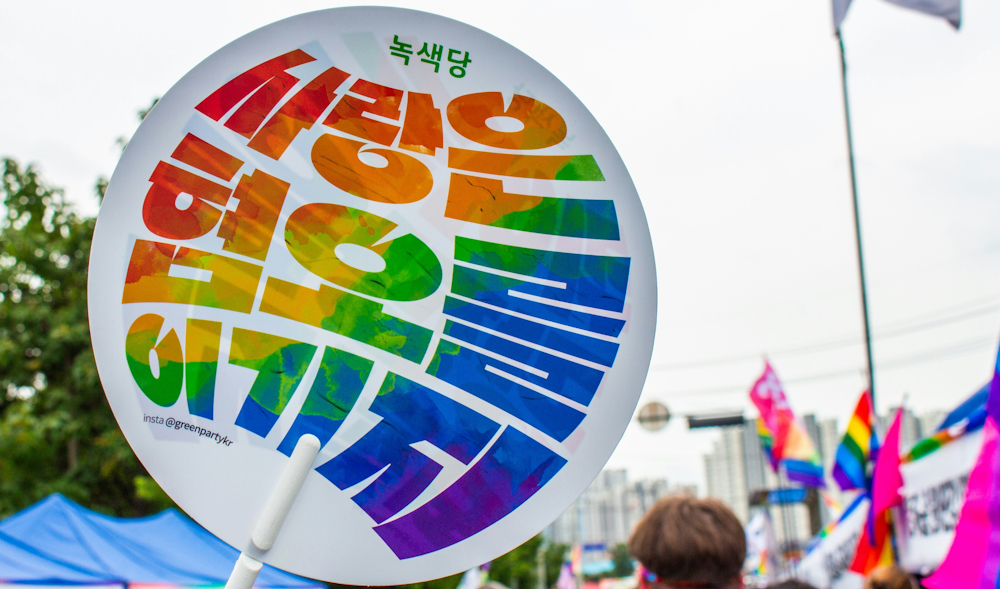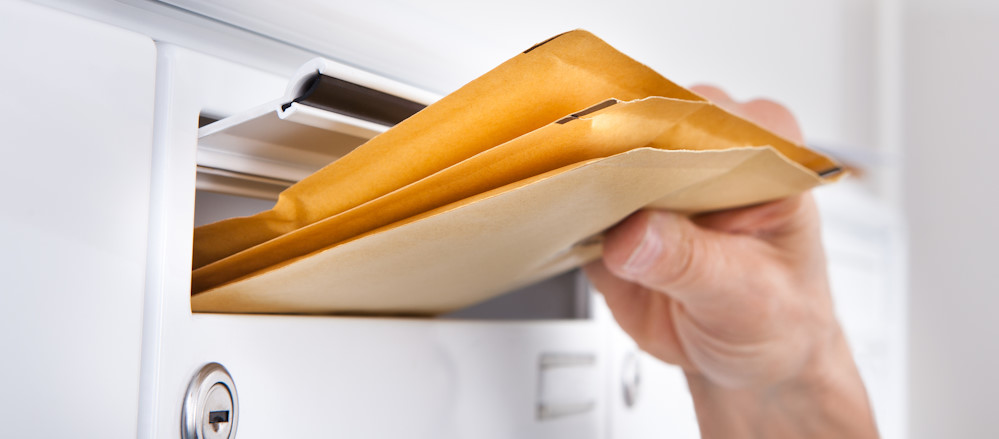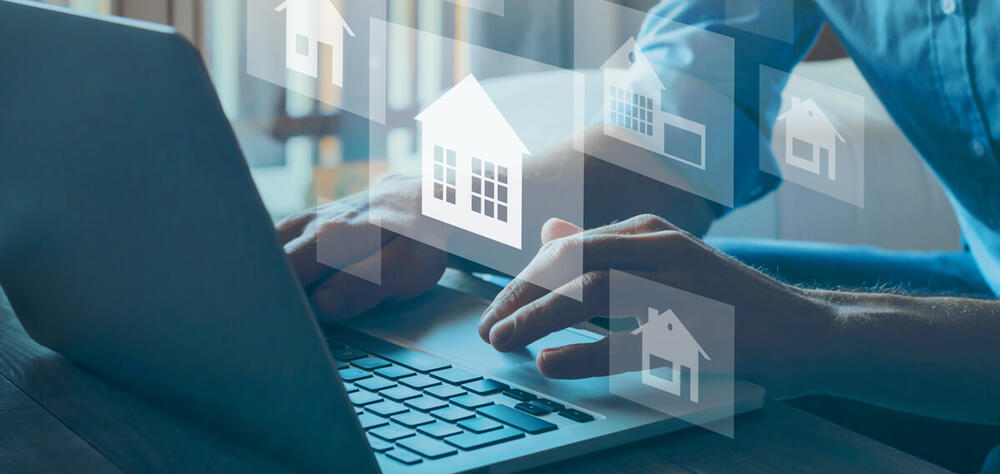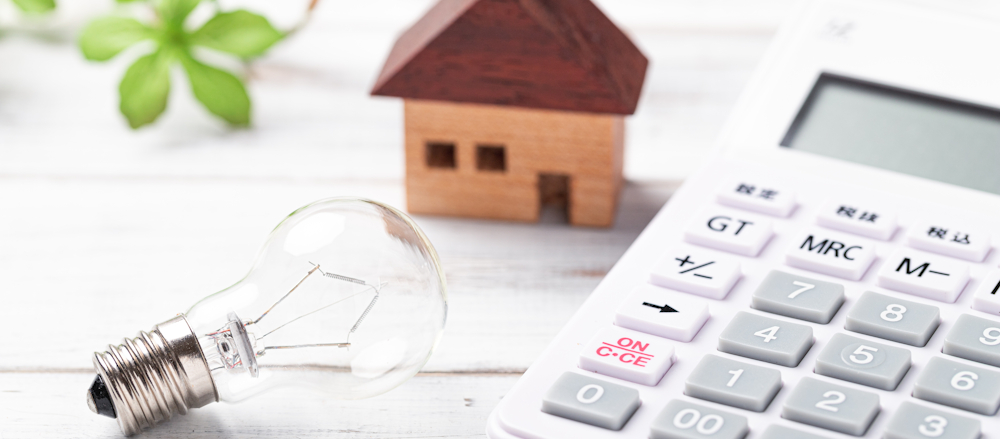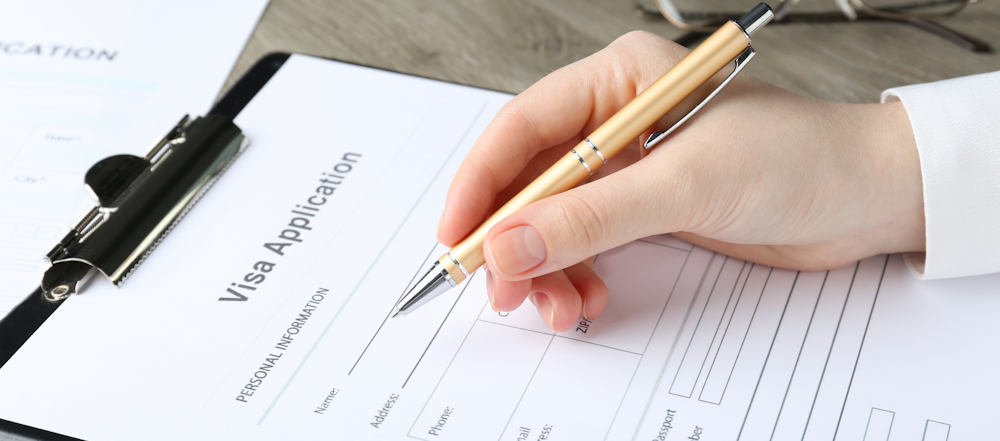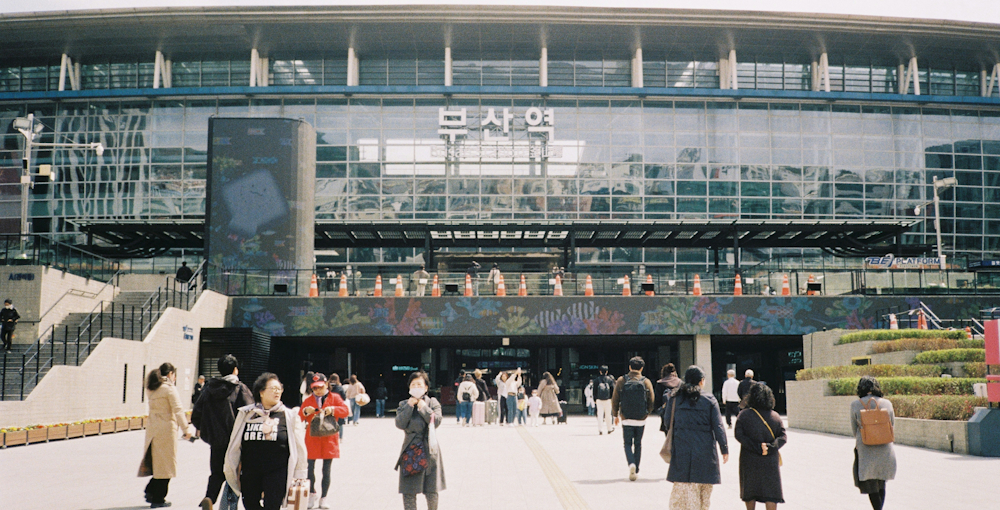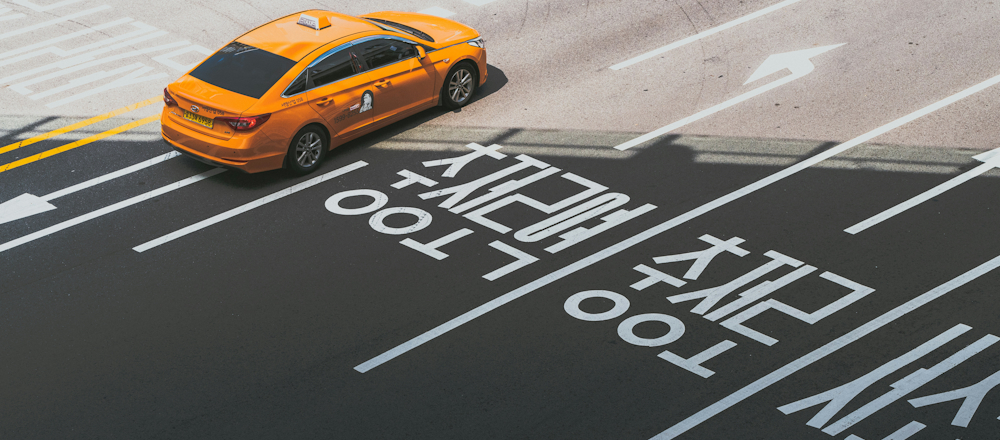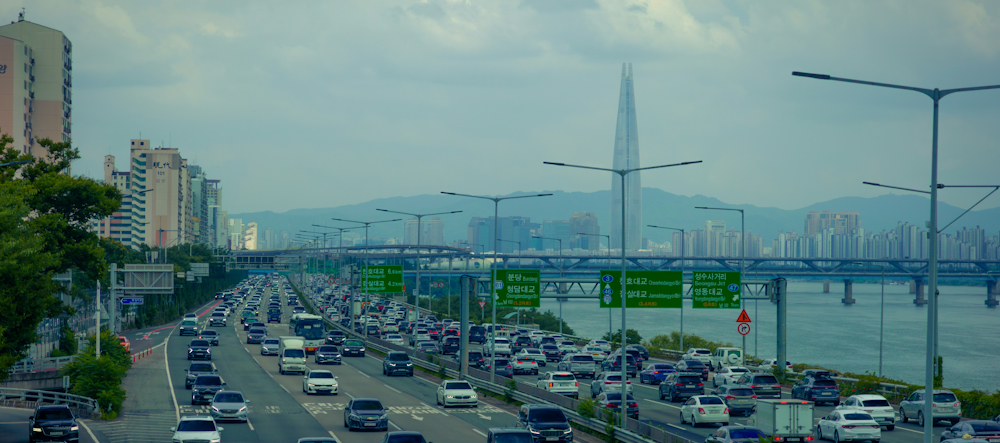Living in South Korea provides plenty of unique opportunities, sometimes at a cost. If you’re flexible and open-minded, you should easily adjust to the change of scenery.
Below are a few pros and cons of moving to South Korea.
Accommodation in South Korea
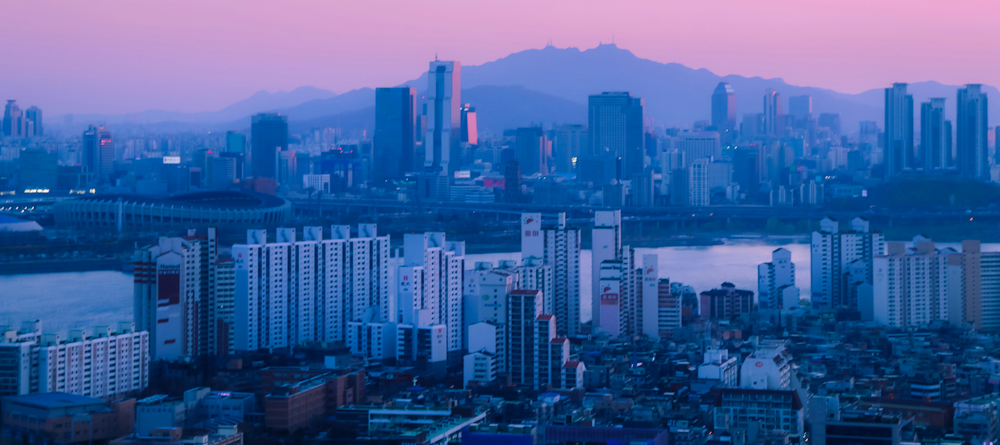
+ PRO: Accommodation is often pre-arranged
It’s often the case that if you’re moving to South Korea with a job contract already in place, you’ll have an apartment provided and paid for. You’ll then only need to worry about your utility bills.
+ PRO: Futuristic locks
Many apartments and homes have done away with traditional locks and keys and use electronic locks that require either a magnetic door key or a keypad combo instead.
+ PRO: Modern amenities and facilities
Apartment complexes frequently have facilities like gyms, security systems, playgrounds, and ondol underfloor heating. These amenities are standard in most buildings and add a significant amount of comfort and convenience to daily life.
- CON: Cramped and expensive
If you’re renting in Seoul, expect apartments to be tiny by Western standards. The farther away you move from the city, the more spacious the accommodation becomes. Apartments are almost exclusively built in blocks with little to no architectural variation. Despite this, rental prices, especially in Seoul, will be high for a small space. Deposits are typically much steeper than in other countries, with Korea’s traditional jeonse system requiring substantial upfront payments.
Renting Accommodation in South Korea
Cuisine in South Korea
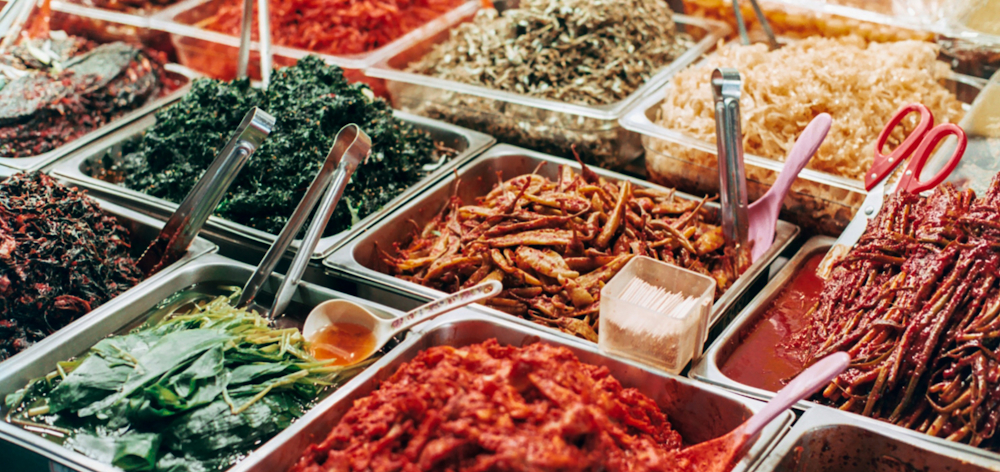
+ PRO: Abundance of traditional fare
Even in the tiniest towns, there will always be one or more traditional Korean restaurants to satisfy your appetite for authentic dishes. The fierce competition also means a quality Korean meal is always affordable.
- CON: Lack of Western comfort foods
Unless you’re living in an urban area, it’s difficult to find food that isn’t Korean or Asian-inspired. International cuisine options are hard to come by outside the city and are often disappointing in quality.
+ PRO: Ultra-convenient food delivery
South Korea has an exceptional food delivery infrastructure available around the clock. Getting food delivered to your door is remarkably quick and efficient.
Safety in South Korea
+ PRO: Little to no crime
Crime rates throughout South Korea are low. While you still need to use common sense, crime won’t be a serious concern.
- CON: Technically still at war
North Korea and South Korea haven’t engaged in open hostilities since the Korean War ceasefire, but they are technically still at war. In 2024, North Korea formally rejected unification and declared South Korea a hostile state, so it looks like the conflict will go on.
Despite this, day-to-day life is safe. It’s still advisable to keep up with news regarding the two neighbours and know where your nearest embassy is.
Culture shock in South Korea
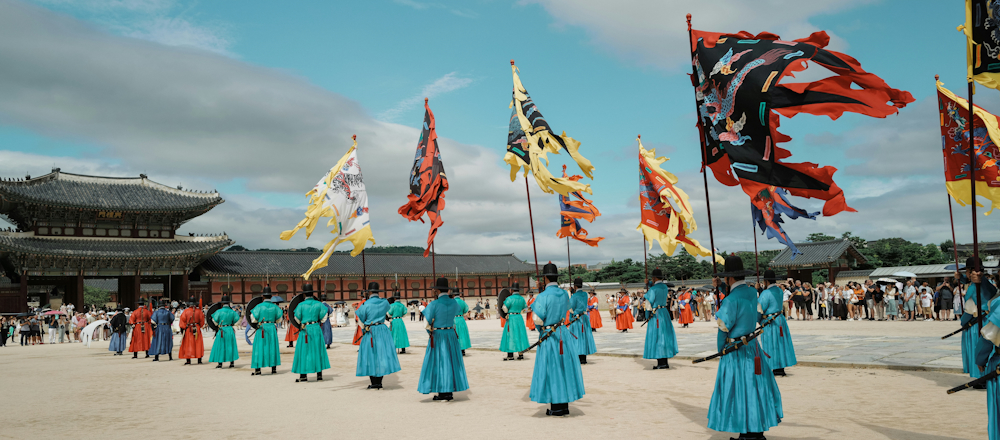
+ PRO: Tight-knit expat communities
Making friends with other foreigners can help alleviate any initial culture shock you may feel. In Seoul especially, there are many meet-ups and parties aimed at bringing foreigners together. In smaller cities, groups meet up regularly and are generally very welcoming of newcomers.
- CON: Strict age hierarchy
South Korea has a deeply rooted Confucian age hierarchy that can be jarring for Westerners. Elders expect deference regardless of competence, and seniority matters significantly in all social contexts. You’ll need to constantly consider someone’s age to determine appropriate language and behaviour.
Work culture in South Korea
+ PRO: Friendly work environment
Koreans value their interpersonal relationships with co-workers and will prioritise getting to know each other. The standard corporate atmosphere can be highly social, with employees often gathering for company dinners called hoesik. These gatherings traditionally involve dining and drinking after work, sometimes followed by a trip to a karaoke bar, although this culture has been shifting in recent years with younger employees pushing back against obligatory after-work socialising.
- CON: Unpredictable scheduling
Korean work culture can sometimes involve last-minute adjustments to meetings and schedules, so you’ll need a degree of flexibility. Expect occasional unplanned meetings, projects, and cancellations, as well as after-work social gatherings that may be announced shortly before the end of the day.
- CON: High-pressure work environment
There’s a lot of pressure put on employees working in South Korea to perform. This can lead to working longer hours than you may be contracted for. Taking sick leave is also frowned upon, as it shows a lack of commitment to your job. It isn’t uncommon to see people coming in for work or children going to school while sick.
Working in South Korea
Business Culture in South Korea
Cost of living in South Korea
+ PRO: Cheap basic amenities
The cost of living in South Korea varies depending on the city you live in. That said, groceries, utilities, public transport and even alcohol are all reasonably priced compared to prices in most Western countries. Most people find living in South Korea an efficient way to save money.
+ PRO: Affordable dining and services
Eating out at Korean restaurants is remarkably affordable, often cheaper than cooking at home. Services like haircuts, saunas (jjimjilbang), dry cleaning, and repairs are also reasonably priced compared to Western countries.
- CON: Expensive non-essentials
There’s an expectation in South Korea to follow the newest trends, dress well and have the latest gadgets. These items tend to be pricey, and keeping up with fashion and technology expectations can significantly increase your monthly expenses.
- CON: Expensive imported goods
Western food products, cheese, cereal, and non-Korean items are typically 30 to 50 percent more expensive than in Western countries. If you prefer imported goods or have specific dietary requirements, your grocery bills will be significantly higher.
Education and schools in South Korea
+ PRO: Excellent education
Public Korean primary and secondary schools are generally quite good and focus on science and mathematics, as well as English and Korean. South Korean schools often hire native English speakers to teach the language, even in rural areas. Hagwons, private after-school institutions, are extremely popular.
- CON: Stressful atmosphere
South Korea has the highest suicide rate among OECD countries, with the stressful atmosphere surrounding education playing a significant role. Students are constantly pressured to perform better and study longer to get into a reputable university. Academic stress contributes to a notable portion of youth suicides, with surveys showing that over a third of adolescents have had suicidal thoughts due to educational pressure.
Healthcare in South Korea
- CON: Travel and wait times
If you don’t live in an urban area, you may need to make a long trip to see a doctor at one of the major university hospitals. Resources are heavily concentrated in Seoul and other cities, and rural areas have considerably fewer medical professionals. Wait times vary – emergency care is typically very fast, but appointments at popular university hospitals can involve waits of several weeks.
+ PRO: Cheap public healthcare
If you’re employed, you’ll be covered by the public healthcare system, which costs little and offers excellent medical care. South Korea’s National Health Insurance covers around 97 percent of the population and ranks among the world’s most accessible systems. In urban areas, many doctors will also speak English, although bringing a friend to translate is still advisable.

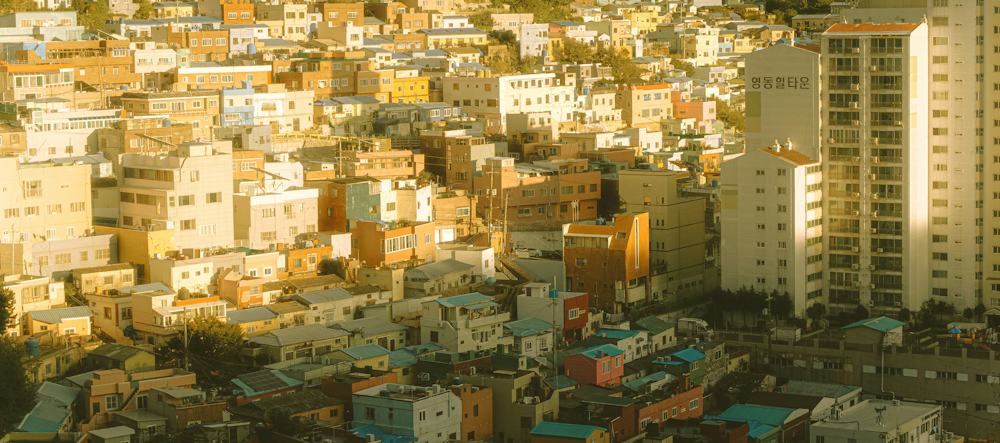
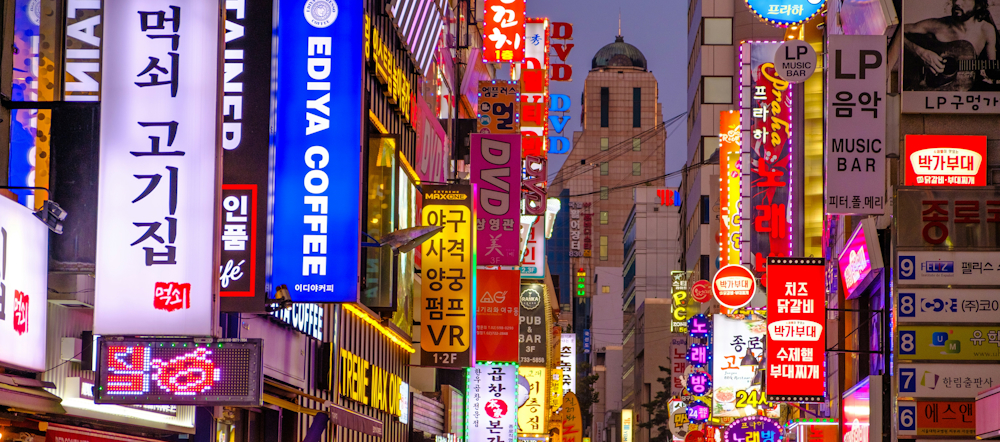
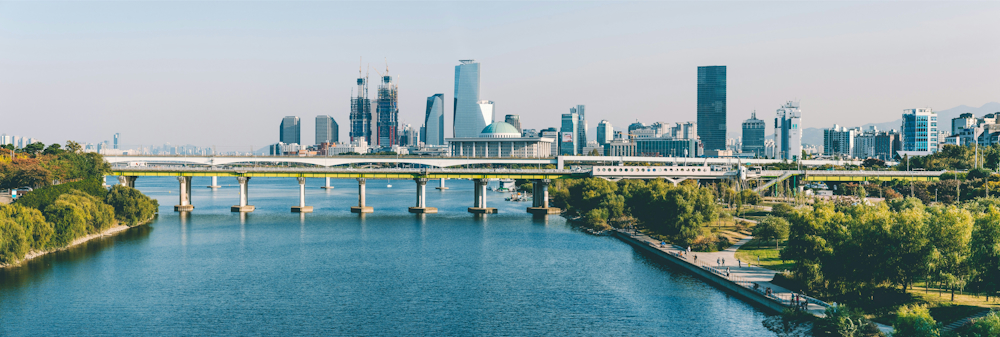
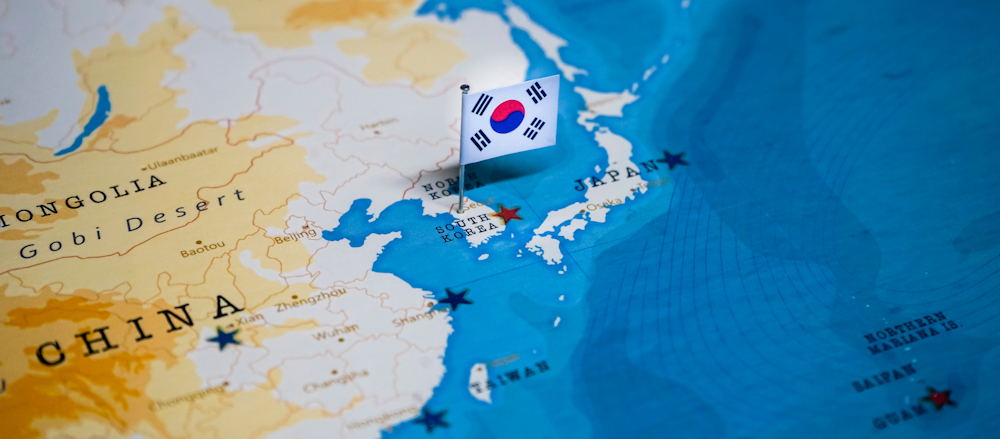
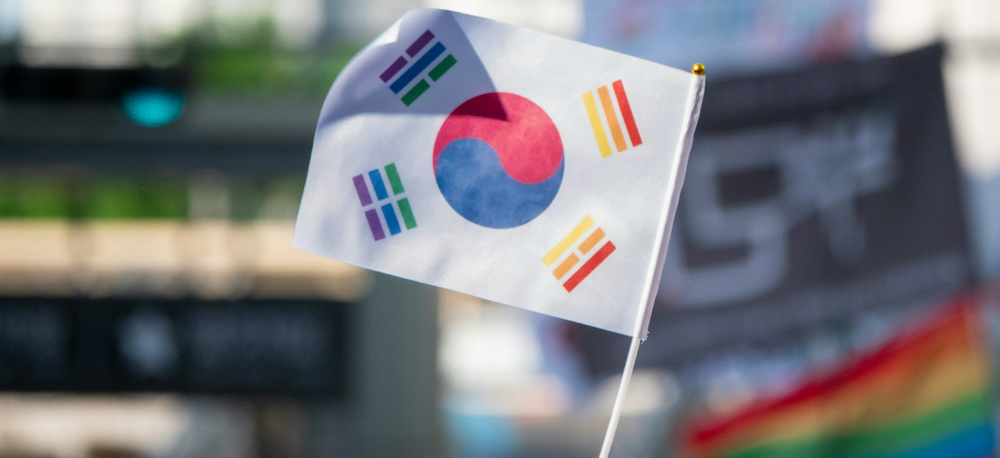
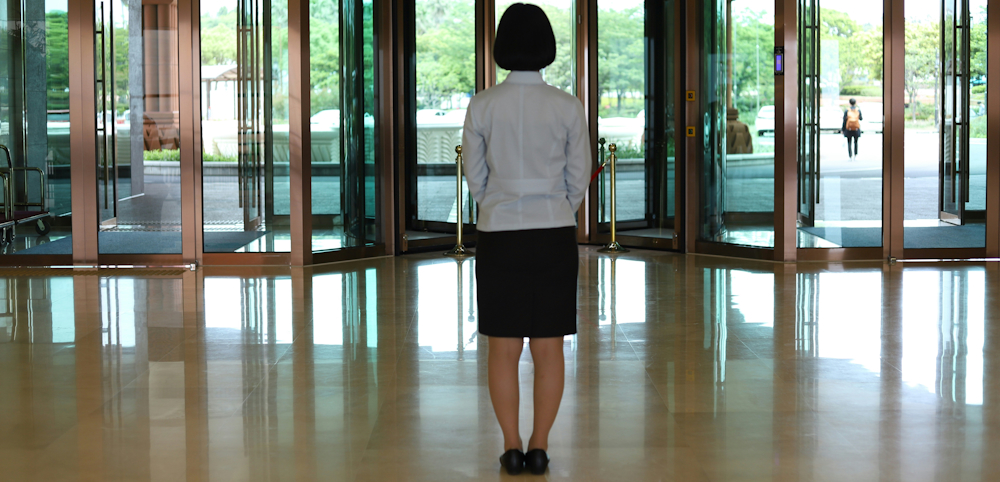
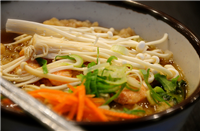 South Korean cuisine is very different from quintessential Asian food and may initially challenge expats’ palates. Perseverance is crucial and there are many regional delicacies worth sampling.
South Korean cuisine is very different from quintessential Asian food and may initially challenge expats’ palates. Perseverance is crucial and there are many regional delicacies worth sampling.